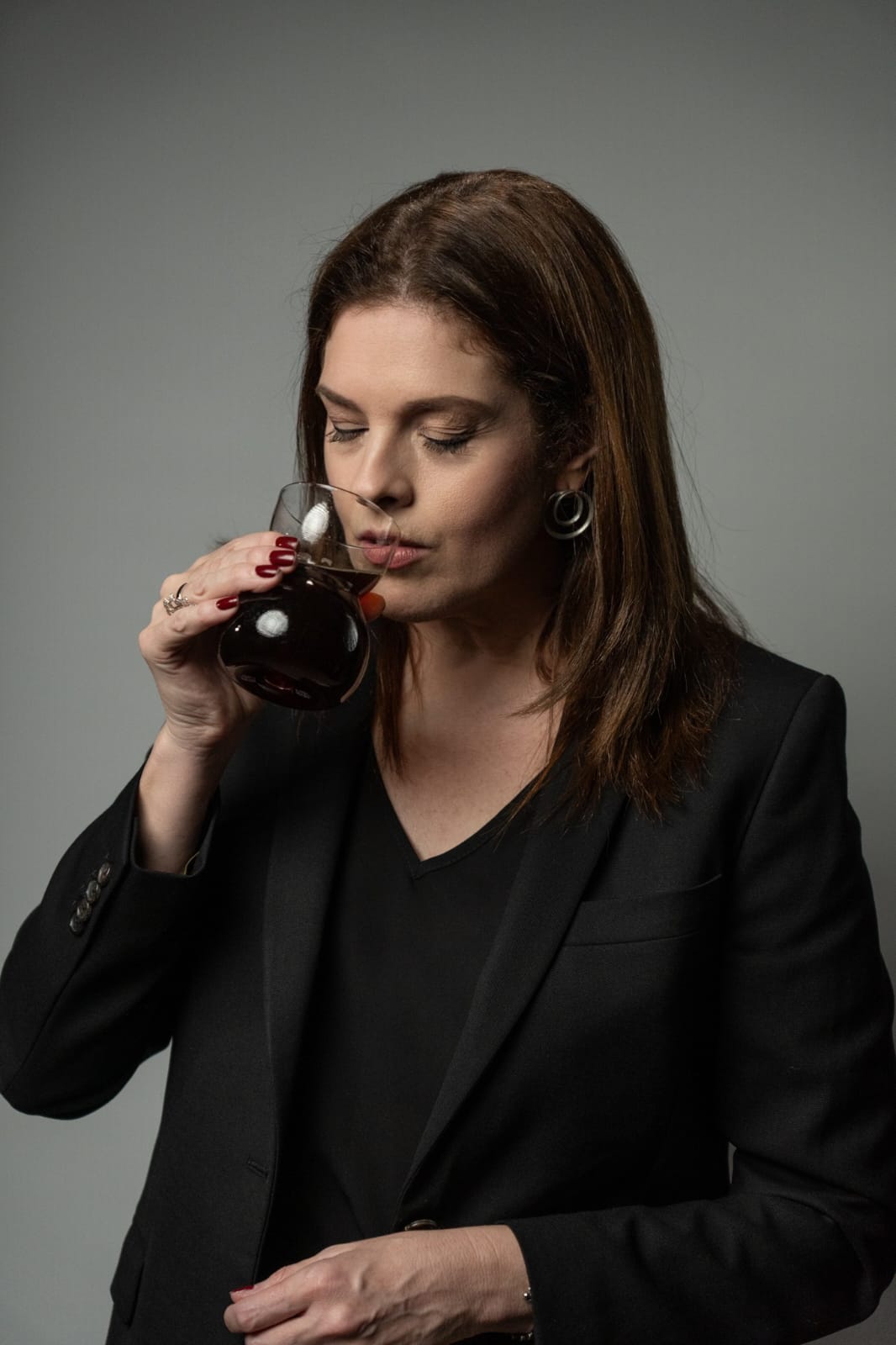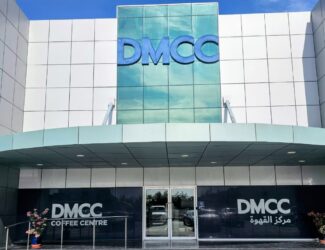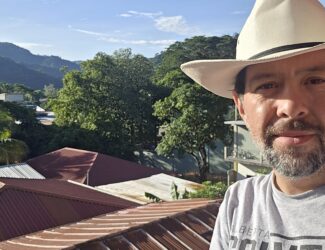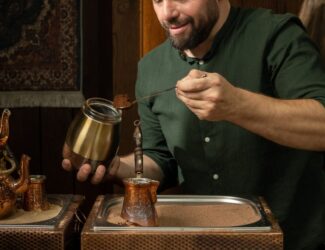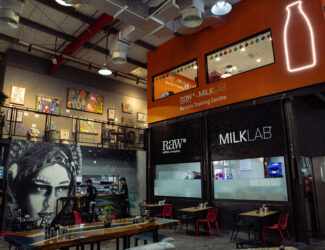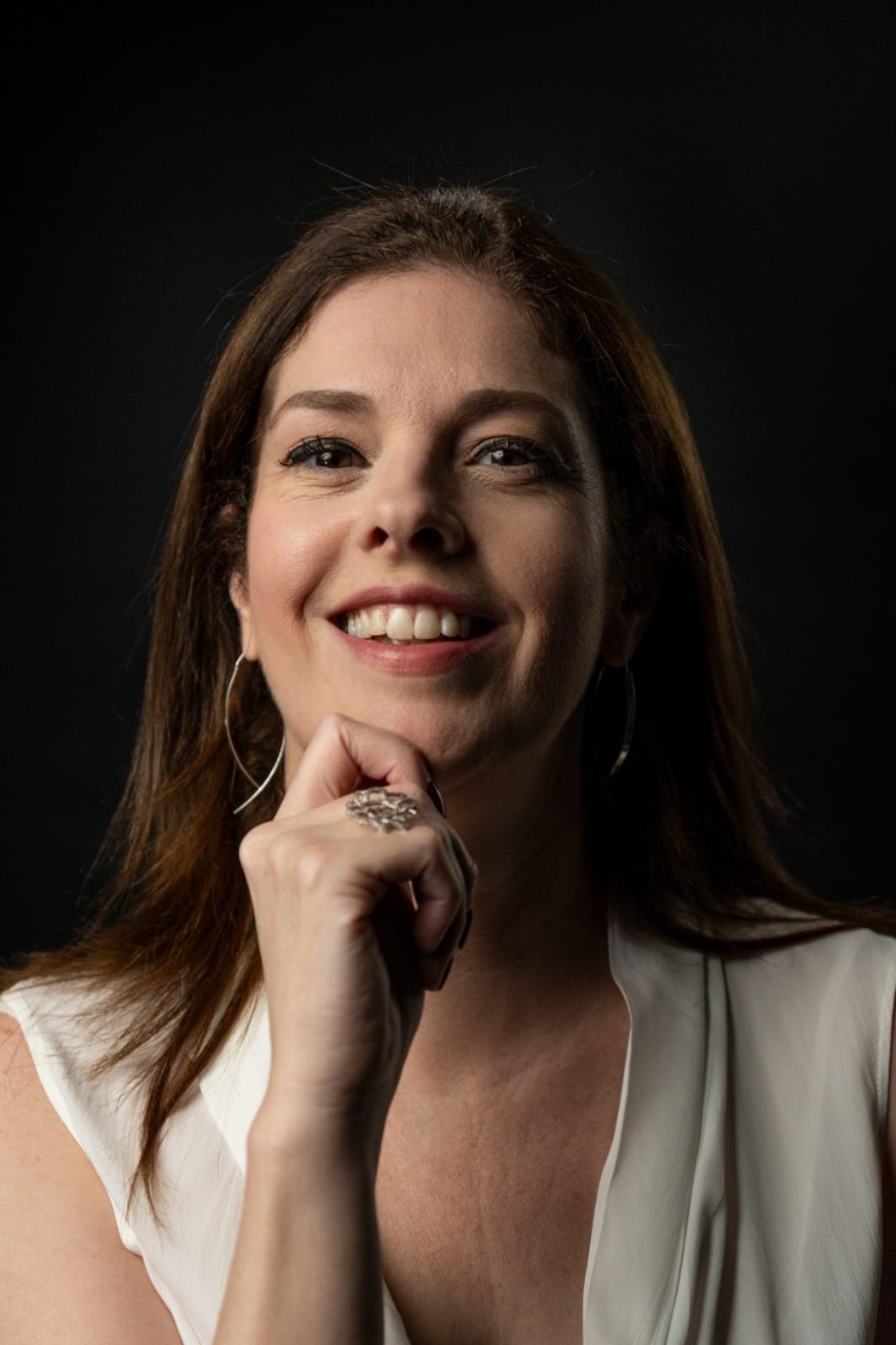
Cleia Junqueira: A Journey from São Paulo to Dubai—Crafting Legacy One Bean at a Time
Dubai – Ali Alzakary
In a world where coffee has become a powerful expression of culture, identity, and community, Cleia Junqueira stands out as a voice of depth, empathy, and expertise. Her journey began in São Paulo with the launch of a small café, but soon evolved into a lifelong mission that took her across continents — training baristas, judging global competitions, sourcing green coffee, and advocating for quality, inclusion, and sustainability.
With nearly two decades of hands-on experience across Brazil and the UAE, Cleia brings a rare combination of technical mastery and human connection. Her background in journalism helped her elevate producer voices, while her dual certification in Q-Arabica and Q-Robusta Grading positioned her as a bridge between tradition and innovation.
What did she learn from working in such contrasting coffee cultures? How does she view the evolution of Robusta in the specialty world? And why does she believe that coffee must always remain rooted in humanity?
Join us for this inspiring and thoughtful conversation with Cleia Junqueira.
Cleia, for readers of Qahwa World who may be discovering you for the first time — how would you introduce yourself? What’s the story behind your journey in coffee?
I’m a Brazilian coffee professional who’s been in love with this beverage—and its people—since 2005. My journey started with a small café in São Paulo, but it quickly became much more than a business. It became a life calling. Over the years, I’ve worked as a barista trainer, roaster, green coffee specialist, Q-Grader, Q-Robusta Grader, and competition judge. I also consult for roasters and green coffee suppliers. Coffee has taken me from the heart of São Paulo to the Middle East, and it still inspires me every day.
You opened your first café in São Paulo back in 2005. What was that chapter like, and what was it about coffee that captured your heart so deeply?
The café was called Capheteria, and it was where I truly fell in love with coffee. It was a cozy space filled with passionate baristas and curious customers—and every cup told a story. That’s when I started giving barista training courses. I was drawn to the way coffee connects people—the farmers, the baristas, the drinkers. It builds community. A curious story from that time: two girls worked with me to save money for their trousseau before becoming nuns. One of them is now a Discalced Carmelite Sister living in Italy—we still talk to this day.
Early in your career, you partnered with an NGO to train young people who couldn’t afford formal education. Looking back, what impact did those experiences have on you both professionally and personally?
That time shaped my values. Helping underprivileged youth become baristas gave me purpose. Many of them built great careers in coffee. It reminded me that coffee isn’t just a drink—it can be a tool for empowerment and social change. It grounded me in empathy and gave me a strong sense of responsibility to support others through this industry.
You also hold a degree in journalism. Has your background in media influenced the way you approach coffee education, communication, or even consulting?
Absolutely. Journalism taught me how to tell stories and how to make complex topics accessible. Whether I’m training staff or advising a brand, I always try to communicate clearly and with purpose. It also helped me give voice to producers—especially when they don’t always get heard. I even produced my own DVD back in 2007 in Portuguese: Como apreciar um bom café com Cleia Junqueira (How to Appreciate a Good Coffee).
You’re a certified Q-Grader and Q-Robusta Grader — a rare combination. What draws you to working with both species, and how do you think perceptions of Robusta are changing in the specialty world?
I actually started working with both Arabica and Canephora mainly for cost purposes—creating more affordable blends. But over time, I realized both species have incredible potential. We shouldn’t let bias limit our view. Canephora—often misunderstood—is improving a lot in quality. With better processing and more transparency, it’s finally finding its place in specialty, especially in espresso and traditional brewing cultures. I’m proud to be part of that shift and help show what this species can really offer.
You’ve created blends for everything from espresso and filter to Arabic and Turkish coffee. Can you walk us through your creative process when developing a new blend for a specific market?
I always start by understanding the cultural context—what flavors people connect with, what rituals they follow, and what they expect from the coffee experience. Then I explore origins, processes, and roast profiles that can match or surprise in a good way. I cup with intention, test different options, and always aim for balance. My goal is to respect both the coffee and the client’s expectations.
From your years in quality control, what’s something you think more roasters or café owners should pay attention to — but often overlook?
Water quality and grinder calibration. These can make or break the cup, yet they’re often overlooked. And let’s not forget staff training—consistency doesn’t come from machines alone. It comes from people.
You’ve judged world-level coffee competitions and spent years at the cupping table. Do you think great coffee evaluation is more about training or intuition?
It’s both. Training builds the structure—discipline, vocabulary, and method. But intuition comes from experience and emotional connection. The best cuppers I’ve worked with are both technical and intuitive. They don’t just score coffee—they feel it.
You’ve worked deeply in two very different coffee cultures — Brazil and the UAE. What have those two worlds taught you about how coffee is consumed, valued, and celebrated?
Brazil taught me about the roots—production, quality, and pride at origin. The UAE showed me hospitality, tradition, and how coffee brings people together across cultures. Both places value connection, just in different ways. And those contrasts made me a better professional.
While serving on the SCA-UAE board and leading quality at Coffee Planet, you witnessed the regional market grow fast. In your view, what makes the UAE coffee scene so dynamic?
The UAE is this amazing mix of innovation and tradition. You have global influences and deep local rituals all in one space. That opens up creativity. And people here are curious—they want to learn and improve their coffee experience, whether they’re home brewers or café owners.
For someone launching a coffee business in the Middle East, what would you say are the top three things they absolutely need to get right from day one?
1. Staff training — your team is your brand’s voice.
2. Cultural understanding — respect and adapt to local preferences.
3. Quality consistency — it builds long-term trust.
You’ve spent over a decade immersed in the region. From your perspective, what’s the next big wave or transformation we might see in the Gulf’s coffee industry?
I think we’ll see more consumers wanting to understand origin stories and how their coffee is grown and processed. Traceability and sustainability will become bigger priorities—especially with the younger generation demanding it.
After nearly two decades in the coffee world, what do you think is missing in our global conversation about coffee right now?
We talk a lot about quality and sustainability, but not enough about inclusion—especially gender equity. Across the supply chain, women still earn less than men for the same roles. That needs to change. Inclusion should be at the center of our industry’s future.
We’re seeing more technology in coffee — from AI-assisted roasting to capsule innovations. Which developments excite you most? And are there any trends that you’re cautious about?
I’m excited by tools that improve consistency—like roast profiling software or AI-based quality analyzers such as ProfilePrint. But I’m cautious about over-automation. When machines replace too much of the human touch, we risk losing connection with the product—and with the farmer. Coffee is about human beans. Let’s not forget that.
You’ve worked in nearly every area of the supply chain—roasting, sourcing, training, judging. If you had to choose just one area to focus on for the next ten years, what would it be — and why?
Consulting for small roasters who are scaling up. They usually need support to grow with proper quality control, cost-efficient blends, and sourcing strategies. I want to keep helping them find the right green coffees, adopt smart tools, and connect with coffee scientists—like Dr. Fabiana Carvalho—to bring deeper education into their business.
